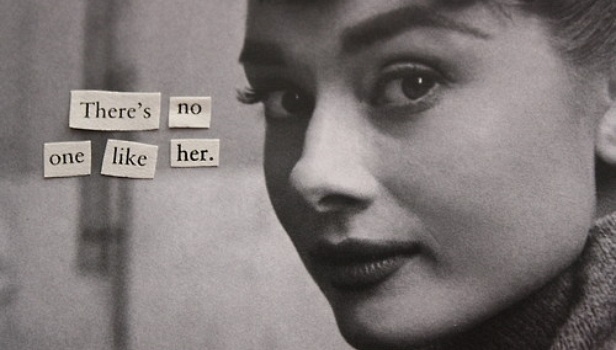Theseus
¥
In this Greek article on the attractiveness, or otherwise, of famous women's eyes there appears this expression. Here is the context:-
ΓΥΝΑΙΚΕΣ Special Edition
Οι γυναίκες που μια ματιά τους μόνο φτάνει
Πες τα πιάτα. Πες τα ιπτάμενους δίσκους. Πες τα ελαφίσια. Η αλήθεια είναι ότι είναι απλά τεράστια. Με άλλα λόγια, φανταστικά.
Is this expression meant to be literal or metaphorical δηλ. 'tell the plates, tell the flying saucers, tell the gazelles (?)', whose shapes or the shape of whose eyes, in the case of the gazelles, are outdone by these women's eyes? Or is it a common idiom of which the significance escapes me?:wub:
The relevant information is to be found at:- http://www.oneman.gr/gynaikes/special_edition/gynaikes-me-terastia-matia.3363985.html.
ΓΥΝΑΙΚΕΣ Special Edition
Οι γυναίκες που μια ματιά τους μόνο φτάνει
Πες τα πιάτα. Πες τα ιπτάμενους δίσκους. Πες τα ελαφίσια. Η αλήθεια είναι ότι είναι απλά τεράστια. Με άλλα λόγια, φανταστικά.
Is this expression meant to be literal or metaphorical δηλ. 'tell the plates, tell the flying saucers, tell the gazelles (?)', whose shapes or the shape of whose eyes, in the case of the gazelles, are outdone by these women's eyes? Or is it a common idiom of which the significance escapes me?:wub:
The relevant information is to be found at:- http://www.oneman.gr/gynaikes/special_edition/gynaikes-me-terastia-matia.3363985.html.
Last edited:









